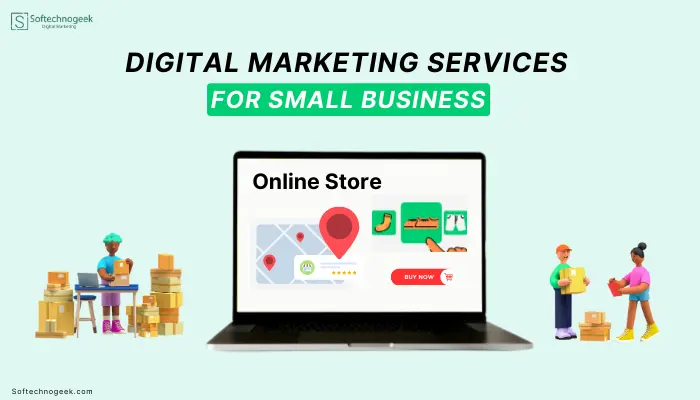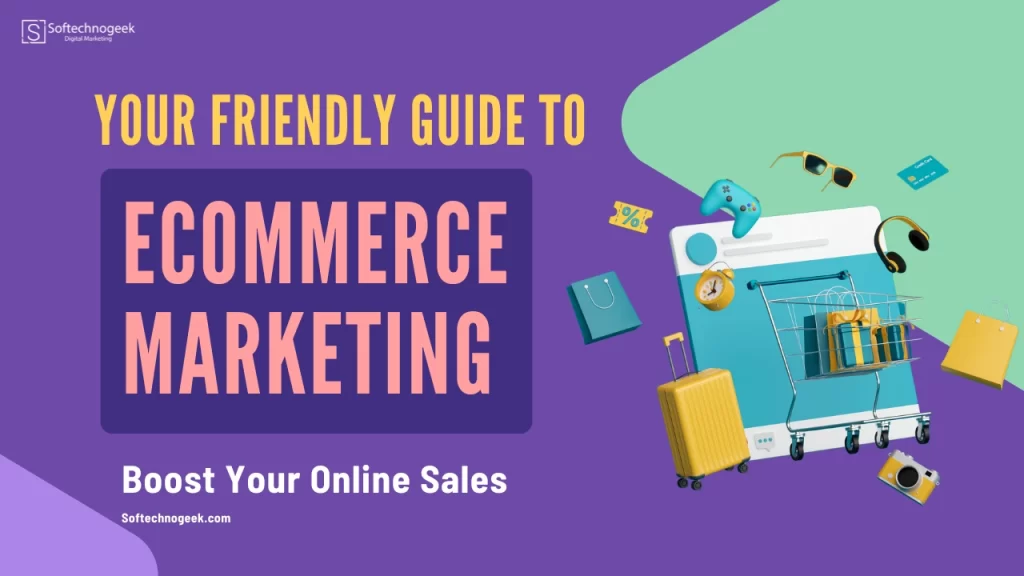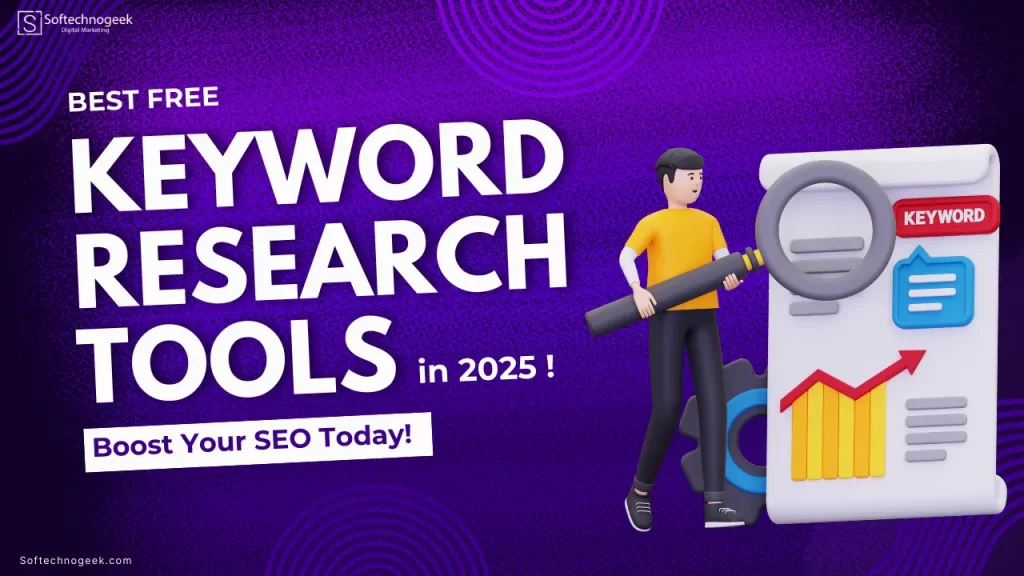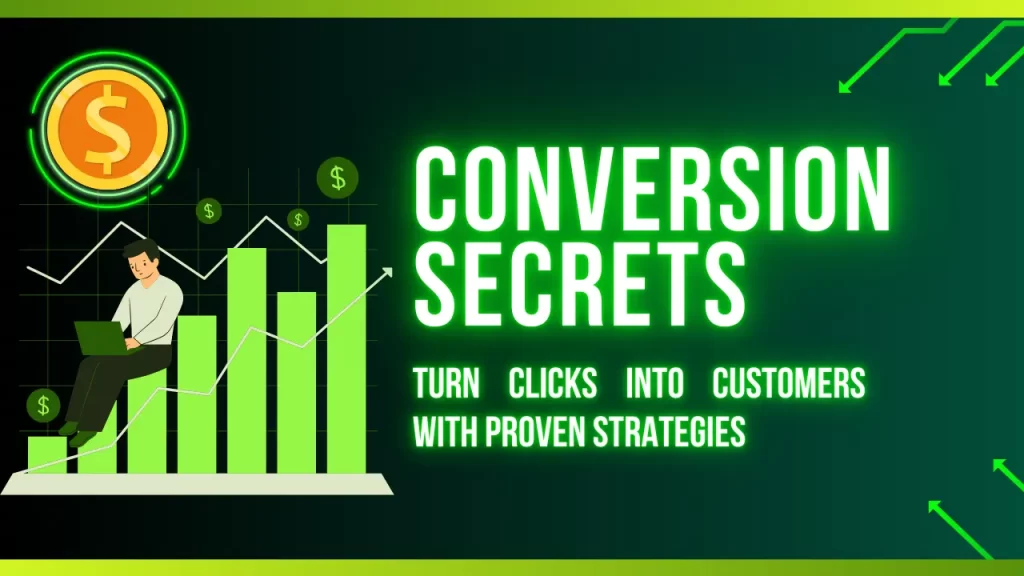Digital Marketing Services for Small Business Success
Did you know that over 80% of consumers research a product online before making a purchase? In the current digital age, small businesses must build a strong online presence. For small businesses looking to compete with larger companies, leveraging digital marketing services can level the playing field. Whether you’re looking for digital marketing services for small businesses or solutions tailored to startups, this guide will show you how to boost your visibility, attract more customers, and drive growth. From SEO to social media, discover how a digital marketing agency for startups can help you thrive in the competitive online marketplace.
1. Recognizing Digital Marketing’s Significance for Small Businesses
In a world dominated by smartphones and laptops, digital marketing is no longer optional. It’s become the foundation of successful business strategies. For small businesses, it’s not just about keeping up with the times—it’s about survival and growth. According to RetailDive, 87% of shoppers begin product searches online. Without a digital presence, your small business is missing out on a vast audience of potential customers.
Why Digital Marketing Matters?
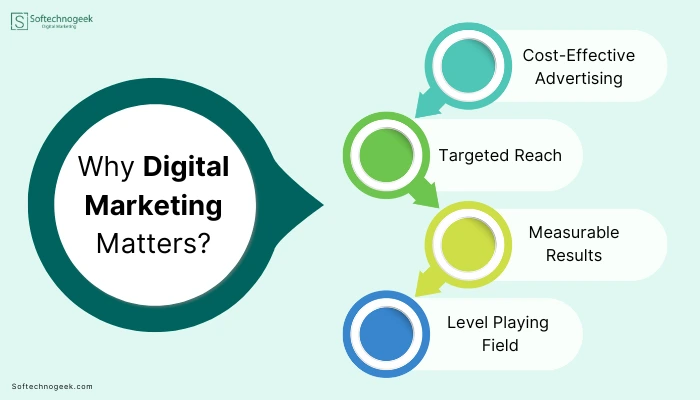
Cost-Effective Advertising: Traditional marketing methods, such as TV and print, can be expensive. Digital marketing offers affordable solutions that fit any budget.
Targeted Reach: Unlike traditional media, digital platforms allow for hyper-targeting based on demographics, location, and interests.
Measurable Results: Track your campaigns in real-time and adjust your strategy as needed.
Level Playing Field: Small businesses can compete with larger corporations by focusing on niche markets and personalized marketing.
Real-World Impact
Consider a local coffee shop that embraced online services marketing by blogging about coffee brewing techniques and sharing posts on social media. Within six months, they saw a 30% increase in foot traffic and a significant boost in online orders. That’s the power of digital marketing!
2. Key Digital Marketing Services to Consider
Digital marketing offers a wide array of services that can benefit small businesses. Let us analyze a few of the most successful Digital Marketing tactics.
Search Engine Optimization (SEO)
SEO is the practice of optimizing your website to rank higher in search engine results, leading to increased organic traffic.
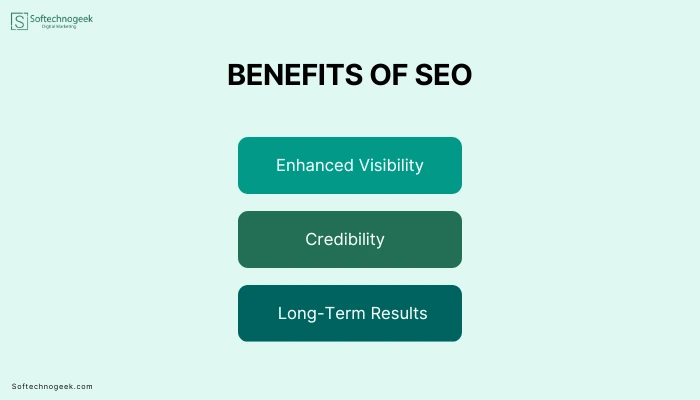
Benefits of SEO
Enhanced Visibility: Higher rankings make you more visible to potential customers.
Credibility: Businesses that appear on the first page of search results are seen as more trustworthy.
Long-Term Results: SEO efforts build over time, offering sustained benefits.
Quick Tips
Keyword Research: Tools like Google Keyword Planner can help you identify high-value keywords, such as “digital marketing for small businesses in India.”
Quality Content: Regularly publish informative, engaging content.
Mobile Optimization: Ensure your website is mobile-friendly, as most searches come from mobile devices.
Pay-Per-Click Advertising (PPC)
PPC allows you to pay for ad placement on search engines and other platforms, but you only pay when someone clicks on your ad.
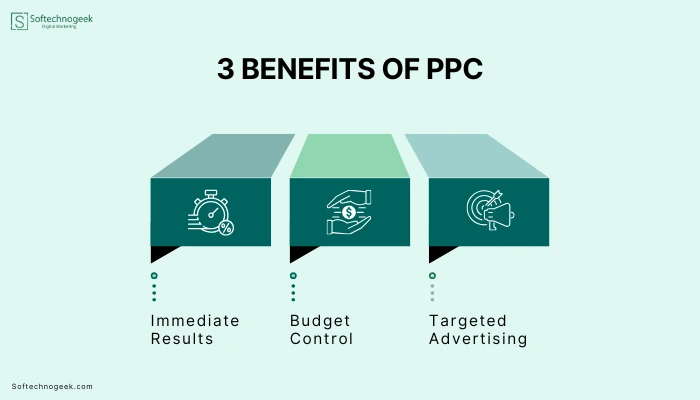
Benefits of PPC
Immediate Results: Your advertising will begin to drive traffic as soon as they go up.
Budget Control: Set a daily or monthly budget to control your spending.
Targeted Advertising: Reach audiences based on location, interests, and demographics.
Quick Tips
A/B Testing: Experiment with different ad formats to find the most effective combination.
Negative Keywords: Exclude irrelevant search terms to maximize your budget.
Landing Pages: Direct ad clicks to specific landing pages to improve conversion rates.
Social Media Marketing
In Social Media Marketing, platforms like Facebook, Instagram, and Twitter are invaluable tools for small businesses, providing an opportunity to connect directly with customers.

Benefits of Social Media Marketing
Brand Awareness: Increase your visibility and build a loyal community.
Customer Engagement: Social media allows for direct interaction, customer feedback, and relationship-building.
Cost-Effective: Organic posts are free, and paid campaigns can be adjusted to fit any budget.
Quick Tips
Consistent Posting: Post regularly to stay top-of-mind for your audience.
Visual Content: Text by itself is not as engaging as images and videos.
Hashtags: To increase your reach, use pertinent hashtags.
Content Marketing
Content marketing requires the creation of smart, current material to attract and retain the interest of your target audience.
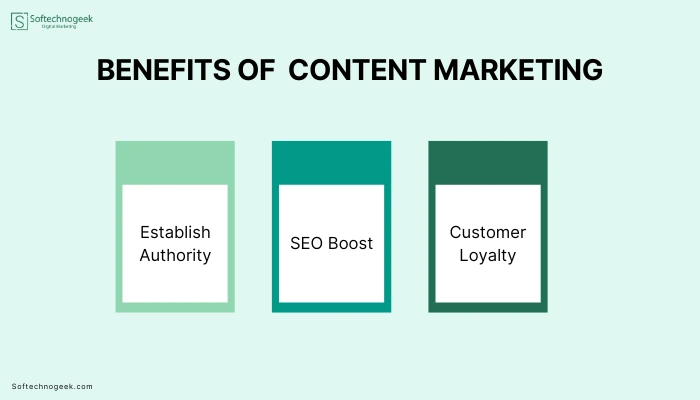
Benefits of Content Marketing
Establish Authority: Establish yourself as an authority in your area.
SEO Boost: Well-optimized content can improve your search engine rankings.
Customer Loyalty: Provide valuable information to keep your audience coming back.
Quick Tips
Blogging: Start a blog to share industry insights and updates.
Guest Posts: Contribute to other blogs to expand your readership.
Repurpose Content: Turn blog posts into videos, infographics, or podcasts.
Email Marketing
One of the best strategies for nurturing prospects and turning them into customers is still Email marketing.
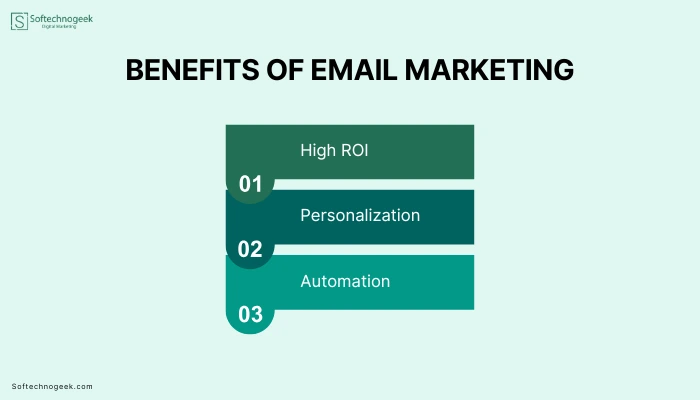
Benefits of Email Marketing
High ROI: Email marketing offers a 4,400% return on investment ( ROI ) on average.
Personalization: Customize emails based on customer preferences.
Automation: Set up email sequences to automatically nurture leads.
Quick Tips
Build Your List: Offer discounts or exclusive content to encourage sign-ups.
Segmentation: Sort your list into groups according to demographics or behavior.
Engaging Subject Lines: To improve open rates, write attention-grabbing subject lines.
Online Reputation Management
Keeping an eye on your internet Online reputation is essential to earning potential clients’ trust. Reviews and customer feedback can make or break your business.
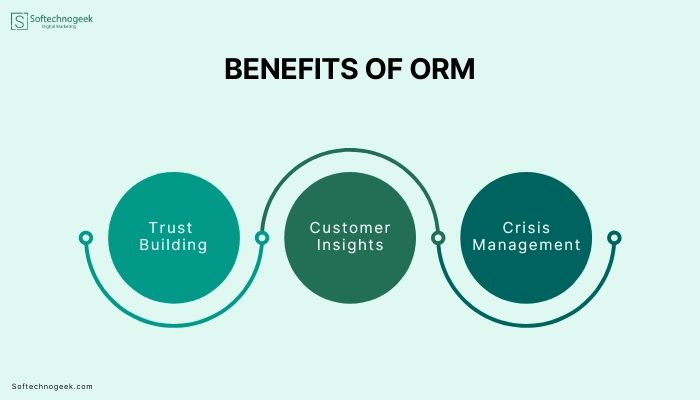
Benefits of Reputation Management
Trust Building: Positive reviews enhance your credibility.
Customer Insights: Use feedback to improve your products or services.
Crisis Management: Quickly respond to negative reviews to prevent damage to your reputation.
Quick Tips
Monitor Mentions: Tools like Google Alerts can help you track online mentions of your brand.
Respond Promptly: Resolve positive and negative reviews as soon as possible.
Encourage Reviews: Ask satisfied customers to leave reviews on platforms like Yelp and Google.
3. Crafting a Successful Digital Marketing Strategy
Once you’ve identified the key services, the next step is creating a strategy tailored to your business.
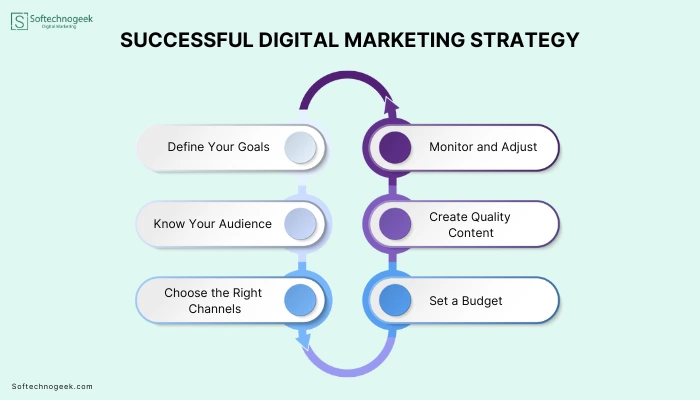
Step 1: Define Your Goals
What do you want to achieve?
- Increase Website Traffic
- Boost Sales
- Enhance Brand Awareness
- Having specific targets can help you analyze your strategy’s effectiveness.
Step 2: Know Your Audience
Understanding your audience is essential for crafting a successful strategy.
Demographics: Age, gender, location
Interests: Hobbies, preferences
Online Behavior: Preferred platforms, browsing habits
Step 3: Choose the Right Channels
Choose the digital marketing platforms that best support the objectives of your company.
B2B Companies: Focus on LinkedIn and Email Marketing.
B2C Companies: Use platforms like Facebook and Instagram.
Step 4: Set a Budget
Determine the amount of money you are prepared to spend on digital marketing.
Allocate Funds: Prioritize channels with the best ROI.
Monitor Spending: Use tools like Google Analytics to track performance and adjust as needed.
Step 5: Create Quality Content
The key component of any digital marketing strategy is content.
Value Over Volume: Focus on producing high-quality content.
Consistency: Post regularly to maintain engagement.
Multimedia: Use a mix of blogs, videos, and infographics to appeal to different types of users.
Step 6: Monitor and Adjust
Use analytics tools to track your performance and make adjustments where necessary.
Google Analytics: Monitor user activity and website traffic.
Social Media Insights: Monitor engagement metrics to fine-tune your social media strategy.
Adjust Strategies: Don’t be afraid to pivot if certain tactics aren’t working.
Pro Tip
Start small by implementing one or two strategies. Monitor their performance, then expand based on what works. This approach minimizes risk and allows for better resource allocation.
4. Case Studies: Small Businesses That Thrived with Digital Marketing
Case Study 1: The Local Bakery
Challenge: A small-town bakery was struggling with declining foot traffic.
Solution: The business implemented a local SEO strategy and increased its activity on Instagram.
Results:
- 50% Increase in Sales within three months.
- 1,000 New Instagram Followers.
- Improved local search rankings, appearing in the top three results.
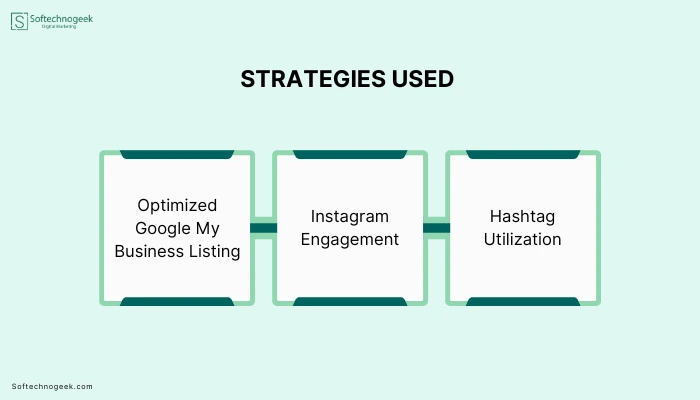
Strategies Used:
Optimized Google My Business Listing: Added photos, updated business hours, and collected customer reviews.
Instagram Engagement: Posted daily specials and behind-the-scenes content.
Hashtag Utilization: Leveraged local hashtags to increase visibility.
Case Study 2: The Boutique Clothing Store
Challenge: An independent boutique wanted to expand beyond its local customer base.
Solution: They implemented targeted Facebook ads and launched a personalized email marketing campaign.
Results:
- Doubled Online Sales in six months.
- Grew Email List by 2,500 Subscribers.
- Increased Website Traffic by 70%.
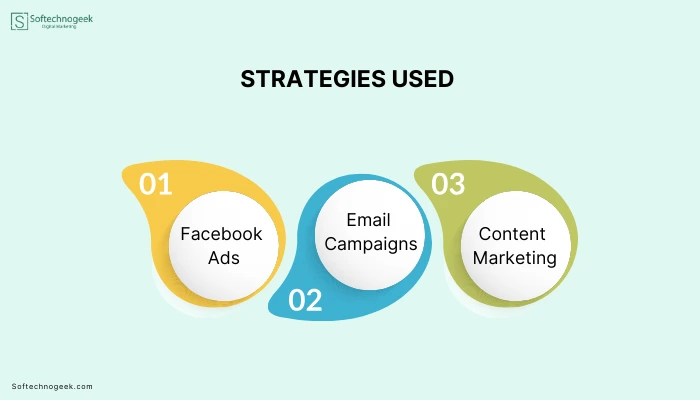
Strategies Used:
Facebook Ads: Targeted ads towards fashion-conscious demographics.
Email Campaigns: Offered exclusive discounts and early access to new collections.
Content Marketing: Created a blog with fashion tips and style advice.
5. Frequently Asked Questions
Q1. How much should a small business invest in digital marketing services?
The investment depends on your business size and goals. Many businesses start with $500 to $1,000 monthly and scale up based on performance.
Q2. Can I manage my own digital marketing?
While it’s possible to handle aspects like Content marketing and social media in-house, outsourcing to a digital marketing services provider can save time and improve effectiveness, especially for technical areas like SEO or PPC.
Q3. How long does it take for digital marketing to show results?
Some services, like PPC, deliver instant traffic, while SEO and content marketing may take several months to show results.
Q4. What’s the most effective digital marketing channel?
It depends on your audience. B2C businesses often find success with social media, while B2B companies focus on LinkedIn and Email.
Q5. How can I assess whether my digital marketing is working?
Use key performance indicators (KPIs) like Traffic, Conversion Rates, and Engagement Metrics. Tools like Google Analytics and Facebook Insights are invaluable for tracking your performance.
Conclusion
In today’s fast-paced digital landscape, small businesses can’t afford to sit on the sidelines. By leveraging digital marketing services for small businesses, you can enhance your online presence, connect with your audience, and drive growth. From SEO to social media, each strategy plays a crucial role in your business’s success. Remember to start small, stay consistent, and always be ready to adapt to changes in the digital world.
If you found this guide helpful, don’t hesitate to share it with other small business owners. For more insights, contact us for personalized small business marketing solutions tailored to your needs.
